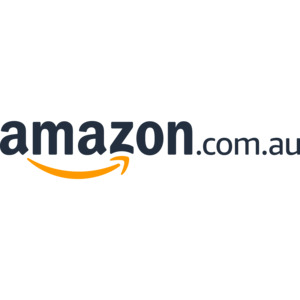I've just come across this article and, through it, have learnt a few things about Amazon and its Prime program.
Assuming what's said in the article is true (probably not too hard to verify):
- The Prime "free shipping" service is not really free. It costs Amazon a lot, ~ $38B just for 2019. I imagined it would be much more than that in the last Covid year.
- The selling fees on Amazon to third party sellers are really high, around 30%, almost 3 times of eBay!
- Despite the high fees to Amazon, sellers could not really sell their products cheaper elsewhere or they would risk getting punished, e.g. "cut off from the Buy Box" and so effectively removed from Amazon because most customers often just buy directly from that Buy Box.
- The exorbitant fees that the third party sellers have to pay Amazon are what effectively "fund" the free shipping service that Amazon provides to customers. Customers have to pay more as the result.
- "Prime, in other words, is basically a money laundering scheme."
I still have a few questions though.
- Regarding the high selling fees on Amazon, I'm not sure if I got it correctly, as if it's true then how can sellers on the Amazon marketplace compete with eBay and other market places? A quick search showed that for the same product, prices are not significantly different between them ($75.95 on Amazon vs $77.95 on eBay).
- Amazon may have forced many independent sellers to raise their prices, but I'm not sure if it's equal to "distorting the economy". There are plenty of retail giants still (Walmart in the US, or Kmart, Aldi and Woolworths in Australia). Even smaller ones like Bhphotovideo, Newegg, JB-Hifi are still being able to compete very well aren't they? Or will these companies eventually give up if no one doing nothing to stop Amazon now?
- It's not uncommon for a retailer to only accept a product from a supplier if it's not sold cheaper elsewhere. So is it a good argument to accuse Amazon (and Apple for their Appstore as well) of being monopoly by preventing customers from getting the product cheaper at other places?
- As a consumer, I'm all for having more competition that would lead to lower prices and better services for customers, but I'm not sure forcing Amazon to "unbundle" their Prime program is a good solution? Prime has become so convenient and it's probably hard to find an Ozbargainer without a Prime membership I reckon. We've also seen others following the same practice (eBay Plus, Kogan First, Club Catch…). Could we say they are "forced" to do so to compete with Amazon?
Just thought I'd share it with my Ozbargain fellows.

What's the alternative , eBay? Having a free for all of listings with a bunch of fakes mixed in and some fake shipping location from Asia when listed as 'Darwin' doesn't seem like the future to me. The Amazon model isn't perfect but there's a reason it keeps stealing market share.